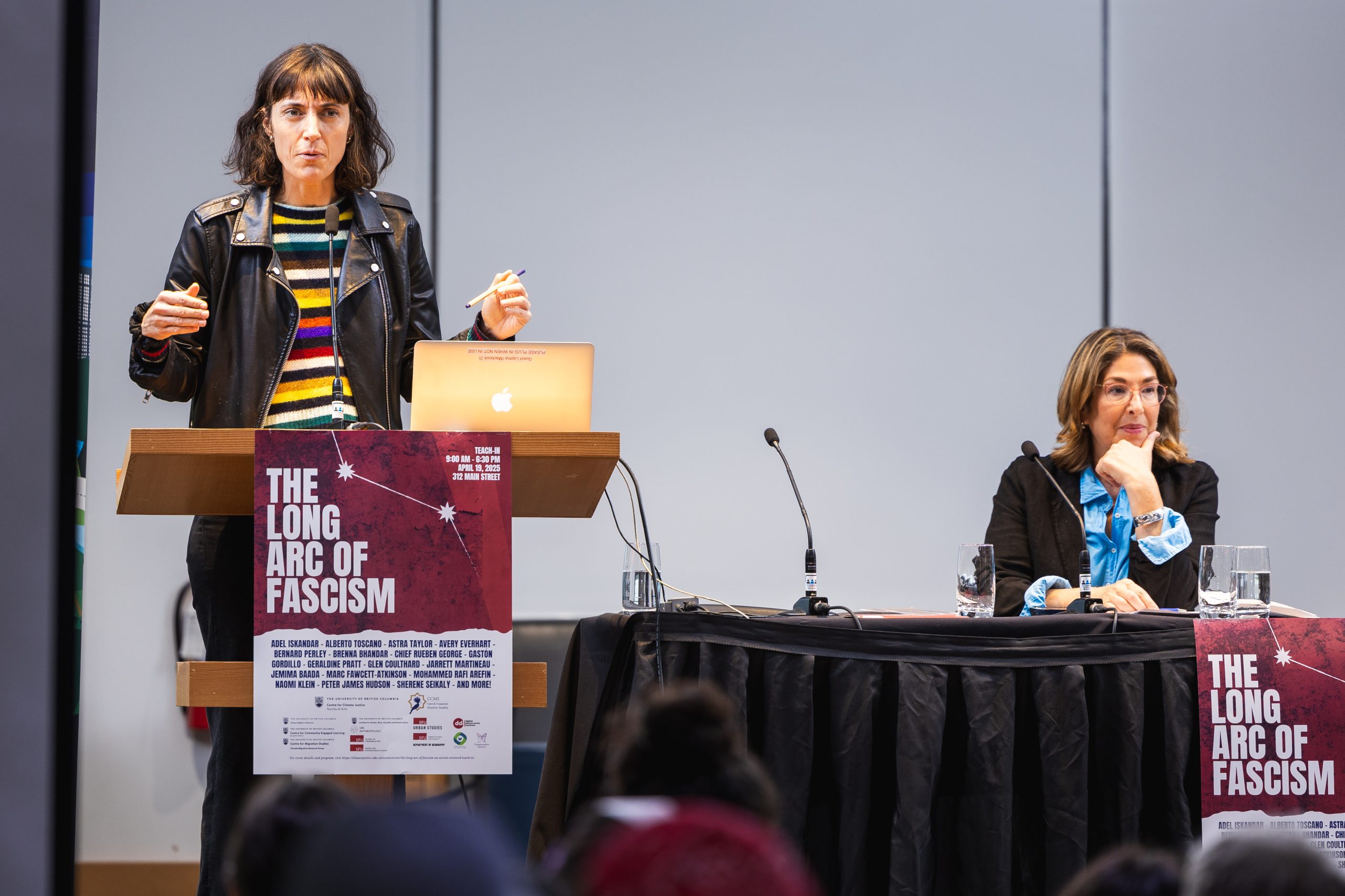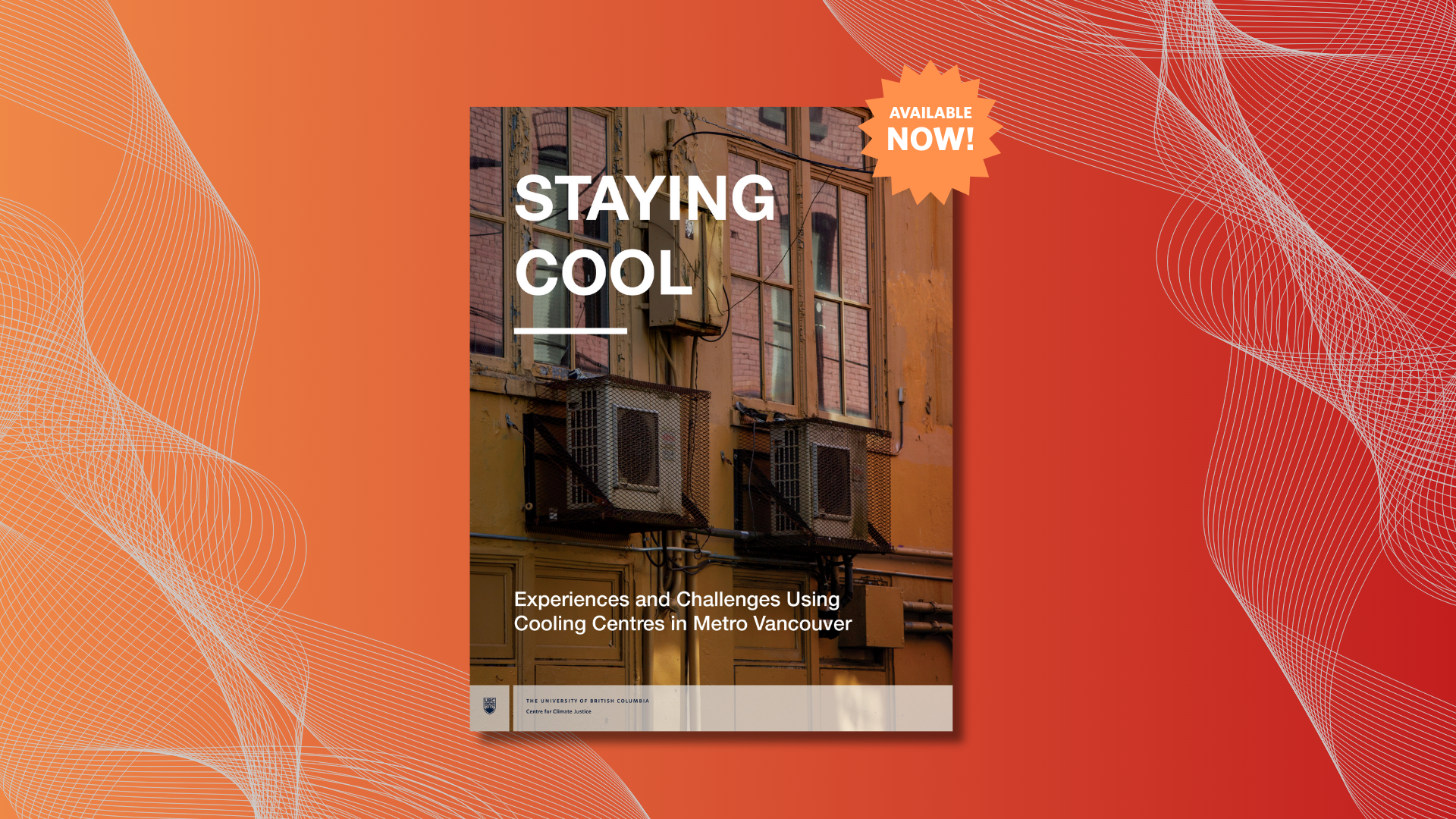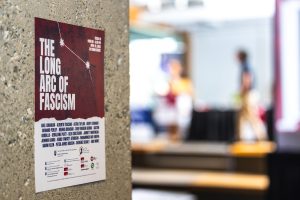

On April 19th, esteemed speakers gathered to guide us through the historical roots and contemporary manifestations of fascism, sparking discussions on how we can combat its rise through collective action. This teach-in was not your average lecture – we asked participants to be prepared to engage, question, and strategize for a better future together.
Naomi Klein opened the teach-in by challenging the conventional, narrow understanding of fascism, particularly the idea that it is a uniquely European phenomenon that began in the 1920s or ’30s and was defeated in 1945. Instead, she argued, fascism is a recurring logic rooted in imperialism, settler colonialism, and racial supremacy – systems that long predate European fascism and that continue to shape global politics today.
She also pointed to contemporary manifestations of fascist logics: concentration camps, mob violence, book banning, and supremacist ideologies resurgent in many parts of the world. She warned that these developments cannot be understood or opposed without reckoning with fascism’s colonial roots.
This introductory session set the tone for the teach-in by calling for the breakdown of intellectual and activist silos and building broad, connected anti-fascist coalitions that recognize these intertwined histories. She praised the current generation of students for making these forbidden connections visible, even as they face coordinated attacks for doing so.
Panel 1: Fascism’s Colonial Roots
Building on the opening session, the first panel discussion moderated by Adel Iskandar and led by Bernard Perley, Rueben George, and Peter James Hudson, deepened the examination of fascism’s entanglement with colonialism, arguing that European fascist regimes were not historical anomalies but extensions, and at times repatriations, of imperial practices tested and normalized in the colonies. Panelists emphasized that settler colonialism wasn’t just a precursor to fascism – it was its laboratory. Legal, racial, and military frameworks used by fascist states were first honed in colonial contexts.
“Europe didn’t invent fascism from scratch; it turned the techniques of [the] empire inward.”
This panel traced the transnational circulation of ideas and tactics: how British concentration camps during the Boer War, American Jim Crow laws, and Canada’s residential school system provided models and moral license for fascist regimes. The racial sciences and genocidal strategies of Nazi Germany had roots in colonial anthropology and brutal conquest, not merely Weimar economic despair or German exceptionalism.
The conversation also reinforced how these colonial logics remain alive today – in surveillance of racialized communities, militarized borders, and ecological violence. The rise of far-right governments worldwide, panelists warned, is inseparable from a global history of empire and the unaccounted debts of colonialism.
As the session closed, a unifying call emerged: to dismantle fascism at its roots, we must confront colonialism not as history, but as ongoing structure. Any effective anti-fascist movement, panelists agreed, must be deeply anti-imperialist, anti-racist, and committed to historical truth-telling.
Panel 2: Fascism as Capitalist Counterrevolution
Picking up from the historical foundations of fascism in settler colonialism, the second panel turned to the present, mapping how fascism re-emerges as a reactionary force defending racial capitalism and elite rule against emancipatory movements. The speakers analyzed how fascism today functions as a backlash against decolonization, gender liberation, labor movements, and broader democratic uprisings.
Brenna Bhandar opened with an analysis of the ideological backlash against anti-colonial education and pro-Palestine speech, particularly through the weaponization of “new antisemitism” discourse. She showed how settler-colonial regimes are increasingly relying on denialism and impunity to uphold their legitimacy. She argued that in places like Canada and Israel, the law is structured to enable settler violence, and lawsuits targeting land acknowledgments and solidarity statements reveal how deeply fascist logic has penetrated public institutions.
“This is the psychosocial moment we’re in – an exaggerated display of impunity that gives license to people’s most primitive or base traits.”
Avery Everhart focused on the fascist backlash against trans life, tracing its roots from historical homophobia to today’s anti-trans moral panic. She underscored how trans people have become symbolic targets in a broader war on bodily autonomy and self-determination. “Nothing motivates people more than disgust,” she noted, warning that fascists conflate trans existence with an “ideology” in order to make calls for eradication seem palatable–even rational.
“Trans people have been fashioned into a convenient political vessel meant to hold the weight of all the convergent crises of capitalism.”
Gastón Gordillo explored the emotional dimensions of fascism; drawing from thinkers like Espinoza and Césaire, he argued that fascism thrives on reactive, sad passions–especially disgust and joy in domination. From 19th-century genocide in Argentina to today’s genocidal glee in Gaza, he showed how fascist impulses are rooted in selective empathy and a joyful embrace of violence.
Finally, Alberto Toscano tied these themes together by examining the techno-authoritarian armature of late fascism. He focused on Palantir, a powerful data and defense firm, and its ideological crusade to rearm the West against decolonization, dissent, and pluralism. With racialized surveillance, deportation, and genocide enabled by the tools of Silicon Valley, he warned that fascism today wears a business suit and quotes Habermas – while building the digital infrastructure of domination.
Together, the panelists made a compelling case: fascism today is not an aberration from capitalism – it is its counter-revolutionary defense. It emerges wherever egalitarian movements begin to threaten racial, gendered, or economic hierarchies, and it uses every tool available, from the courts to TikTok to tear gas, to maintain the current order.
Panel 3: Climate Apartheid
This panel, moderated by Jessica Dempsey, invited speakers Rafi Arefin, Geraldine Pratt, Jemima Baada, and Marc Fawcett-Atkinson to approach the climate crisis as both a consequence and a catalyst of fascist resurgence. Building on the themes of capitalist counter-revolution, the panelists examined how climate change is exacerbating existing inequalities – and how the far right is preparing to capitalize on collapse, enforcing racial and national hierarchies through borders, surveillance, and denial.
UBC Geography Professor and CCJ Executive Committee members Rafi Arefin and Geraldine Pratt opened with a powerful case study of migrant agricultural workers in BC. Drawing on field research conducted with Radical Action with Migrants in Agriculture (RAMA), they showed how climate apartheid is already here: workers from Mexico and Jamaica, living in employer-provided housing, endure dangerous heat levels with little regulation or protection. Even the inspection standards meant to ensure safety have been quietly loosened as climate conditions worsen; proof that deregulation is being used to normalize unlivable conditions for racialized laborers. The report findings revealed a tiered system of climate exposure, where migrant bodies are rendered more disposable. The panelists contended that fighting this ongoing climate apartheid requires not only technical reforms, but a structural challenge to racial capitalism, migration regimes, and settler-colonial land relations.
Marc Fawcett-Atkinson, a journalist with The National Observer, shared insights from his reporting inside the 2023 ARC (Alliance for Responsible Citizenship) conference – an elite gathering of the global far right, co-founded by Jordan Peterson and supported by figures like Peter Thiel and the Heritage Foundation. He described a surreal world of $2,500 tickets, suit-clad audiences, and open celebration of “climate authoritarianism” conspiracies. Far-right figures denounced net-zero policies as “sinful” and environmentalism as a front for global control.
“They want to build an ark to save themselves while letting the rest of us drown, burn, or starve.”
This confirmed what earlier panels foreshadowed: climate denial has mutated, no longer just rejecting the science, but weaponizing the crisis to justify fortress nationalism, racial gatekeeping, and elite survivalism. At ARC, apocalyptic fantasies mingled with techno-utopian dreams, offering an escape hatch for the few, while dismissing collective climate action as dangerous “woke” ideology.
Ultimately, the panel concluded that climate change is not just an environmental issue – it’s a battleground for the future of democracy, labor, migration, and survival itself. The stakes of anti-fascism could not be clearer: we either build a world where climate justice means justice for all, or one where climate collapse becomes the justification for ever-deepening apartheid.
Glen Coulthard in conversation with Sherene Seikaly: Palestinian and Indigenous Solidarity in Historical Perspective
In this session, esteemed speakers Glen Coulthard and Sherene Seikaly came together to reflect on Indigenous-Palestinian solidarity through the lens of history, land, and political economy. Their conversation grounded the day’s anti-fascist analysis in a deeper temporal arc – tracing how extractive imperialism and settler colonialism are not only linked across continents, but across time.
Glen Coulthard explored how Indigenous–Palestinian solidarity is grounded in shared material struggles against colonial land theft, resource extraction, and imperial violence. Drawing from research begun during his Toronto sabbatical, he connected Dene resistance in the 1970s to pipelines and modern treaties with Palestinian resistance, showing how so-called “energy independence” in North America has historically served to dispossess Indigenous peoples while sustaining imperial power abroad. He described a solidarity gathering he co-organized on Dene lands to build ties rooted in land-based practices, rejecting the idea that local land-rooted politics cannot also build global solidarities. Through an analysis of the 1973 oil crisis, the OPEC boycott, and Indigenous testimony opposing the Mackenzie Valley pipeline, he argued that empire’s crises abroad reliably produce renewed colonial aggression at home, reinforcing that Indigenous and anti-imperialist struggles are inseparable.
“Geopolitical hostilities overdetermined by imperialist ambitions abroad come home to roost on Indigenous land.”
In conversation with Sherene Seikaly, both experts expanded on this vision of transnational comradeship. They offered historical parallels from the Arabian Peninsula, where U.S. oil companies like Aramco imported Jim Crow segregation into their labor regimes. They noted that in the wake of the 1973 embargo, OPEC states crushed radical labor and communist movements even as they challenged U.S. hegemony – a reminder that anti-imperialism must be disentangled from state power.
“This isn’t just a moral alignment – it’s a convergence of struggle. Our fates are intertwined.”
Closing Session with Astra Taylor: Building Solidarity
To close the teach-in, writer and organizer Astra Taylor grounded the day’s sweeping analysis in an urgent question: how do we actually build the kind of solidarity needed to resist fascism and transform society? Drawing from her work with the Debt Collective and her recent books, Solidarity and The Age of Insecurity, she offered both strategic insights and personal reflections on the labor of organizing.
She emphasized that solidarity is not inherently progressive, but rather it must be actively shaped. In contrast, transformative solidarity changes us as we practice it, helping us grow new relationships, political clarity, and collective strength.
“Solidarity isn’t always good. It can be neutral, or it can be reactionary. The far right has built reactionary solidarity – they learned from us, and they’re organizing better than we think.”
Throughout the session, she invited participants and grassroots groups from the Vancouver Tenants Union to Labor for Palestine and trans health advocates to share what solidarity feels like. The answers were rich and concrete: trust built through door-knocking, solar panels powering a protest camp, art shared in times of job loss, and the quiet courage to keep calling even when no one texts back.
“People think burnout drives folks out of movements but a lot of people leave because of hurt feelings. We need to create spaces where people feel seen – and want to stay.”
Ending on a hopeful note, she proposed a counter-vision to fascism’s politics of fear and punishment: a society where solidarity is the method and freedom is the goal.
“Thatcher said, ‘Economics is the method; the point is to change the soul.’ We need to say: solidarity is the method, and the point is to free the soul.”
Stay tuned for more materials from the teach-in on the official Long Arc of Fascism website!
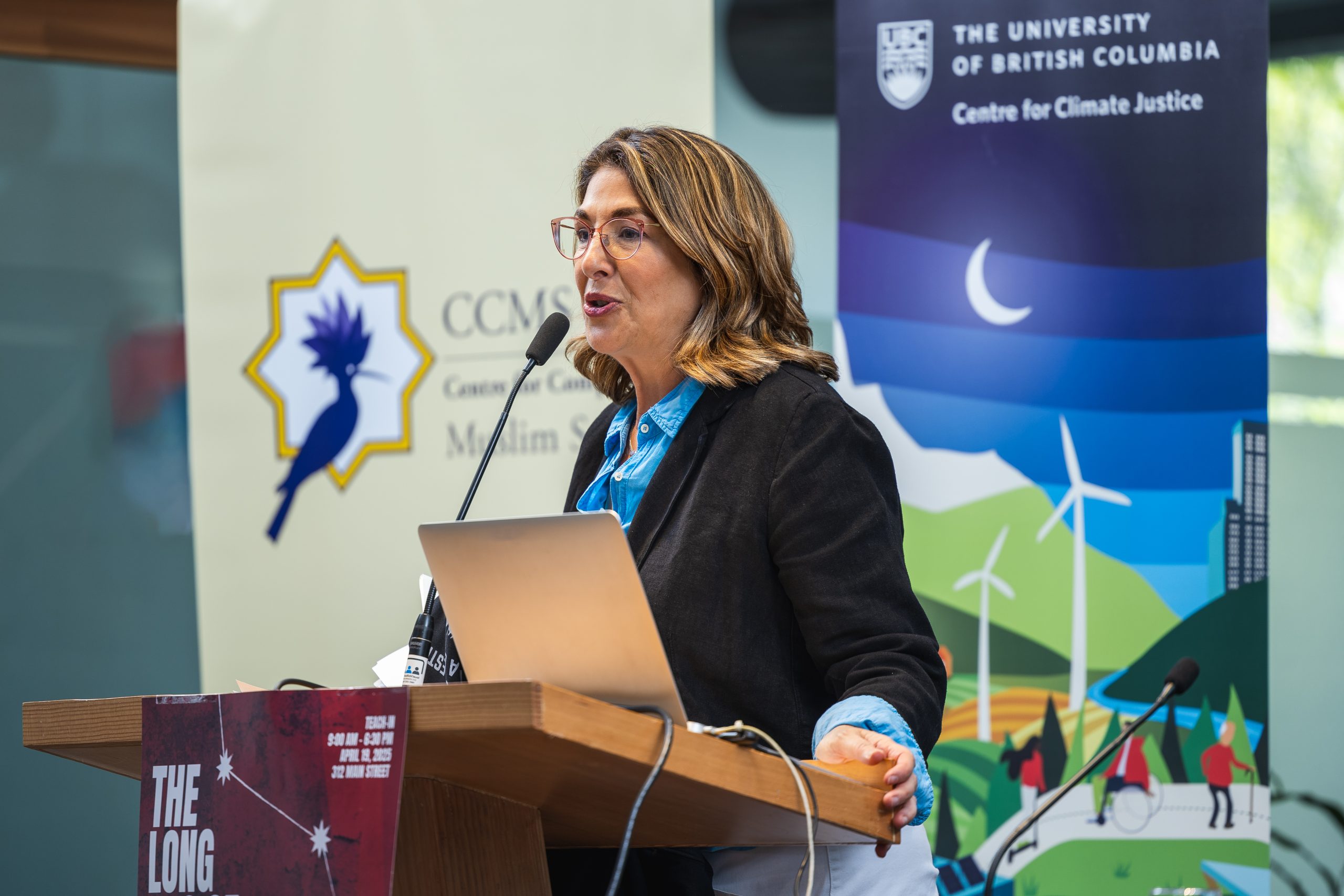
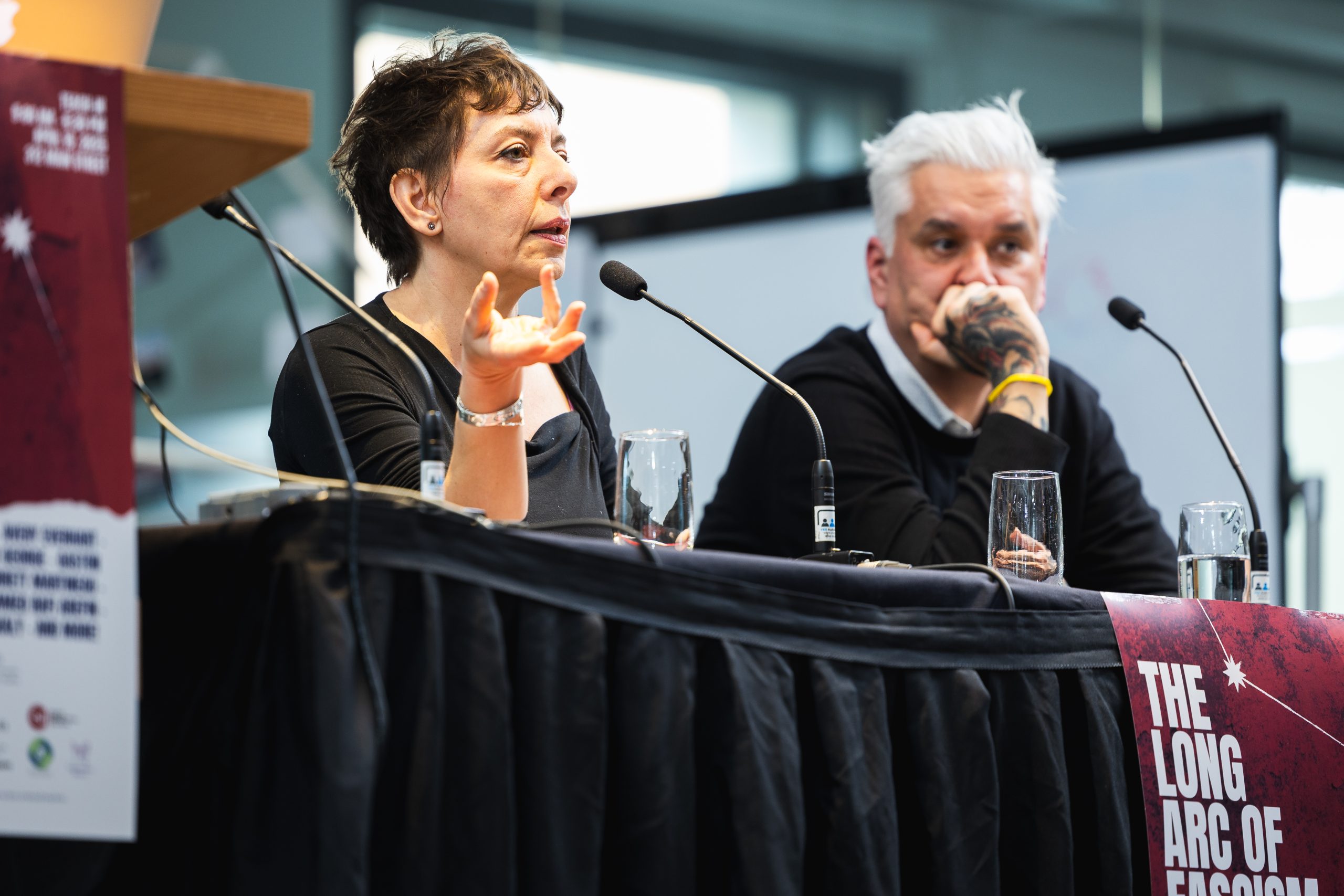
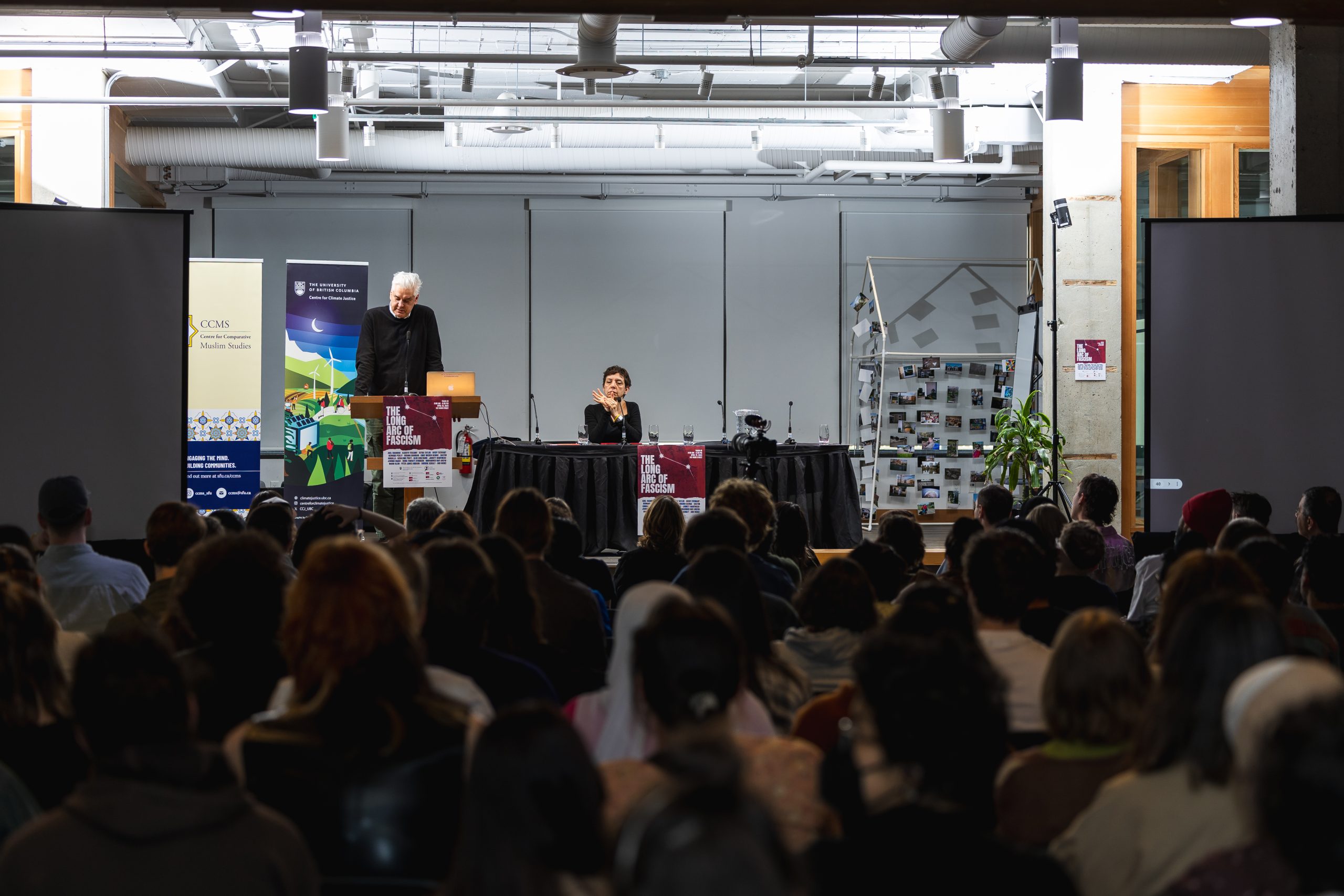
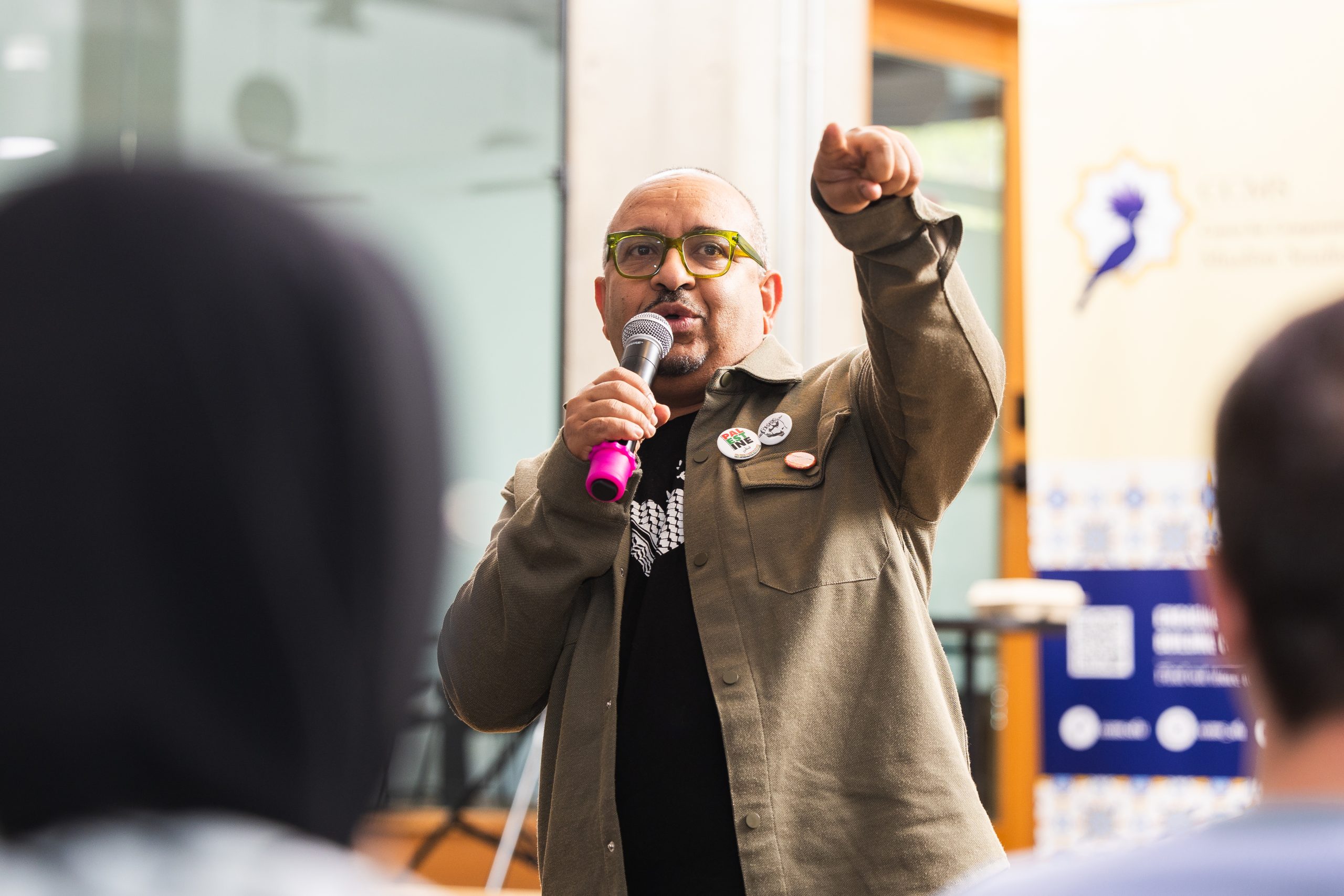
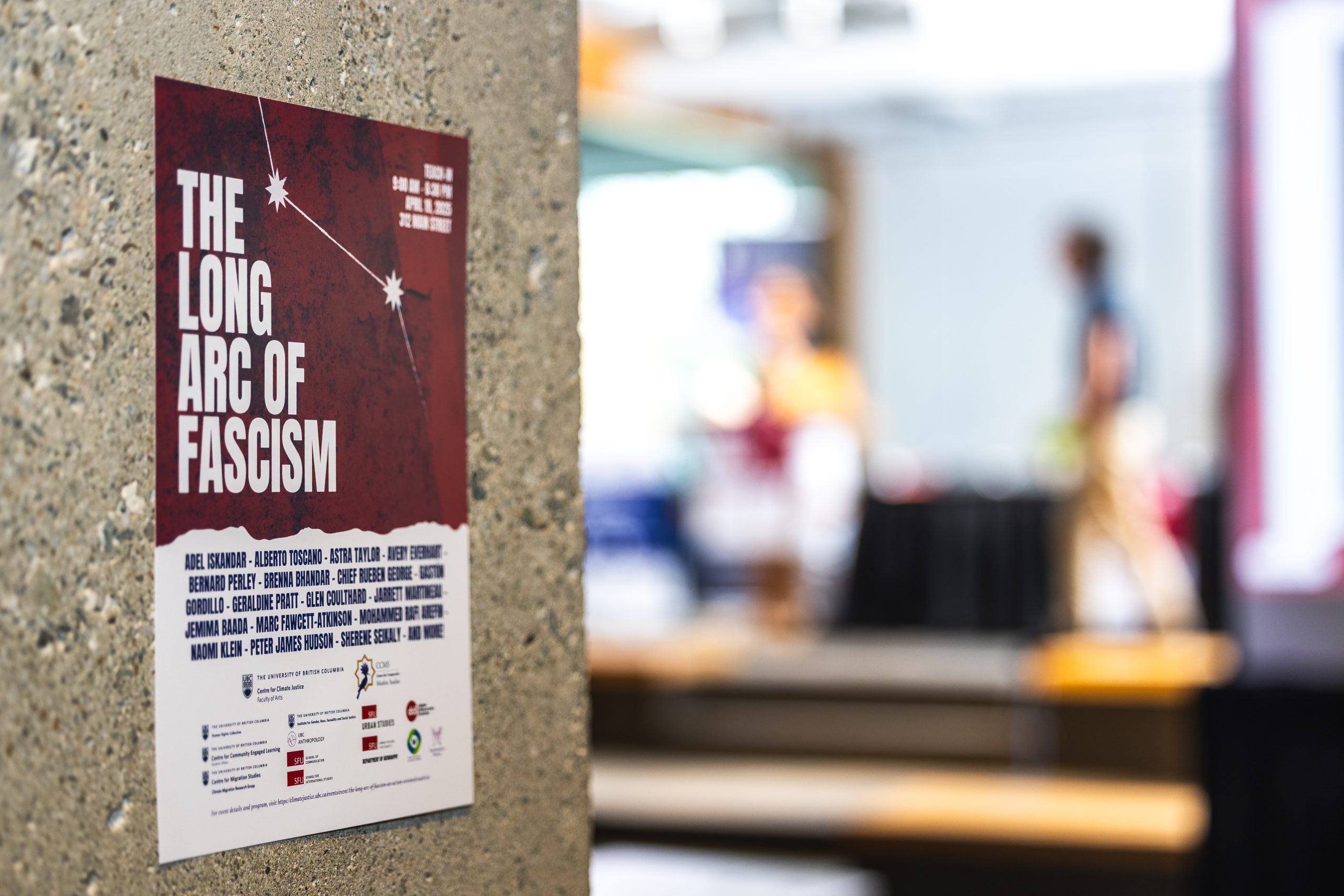
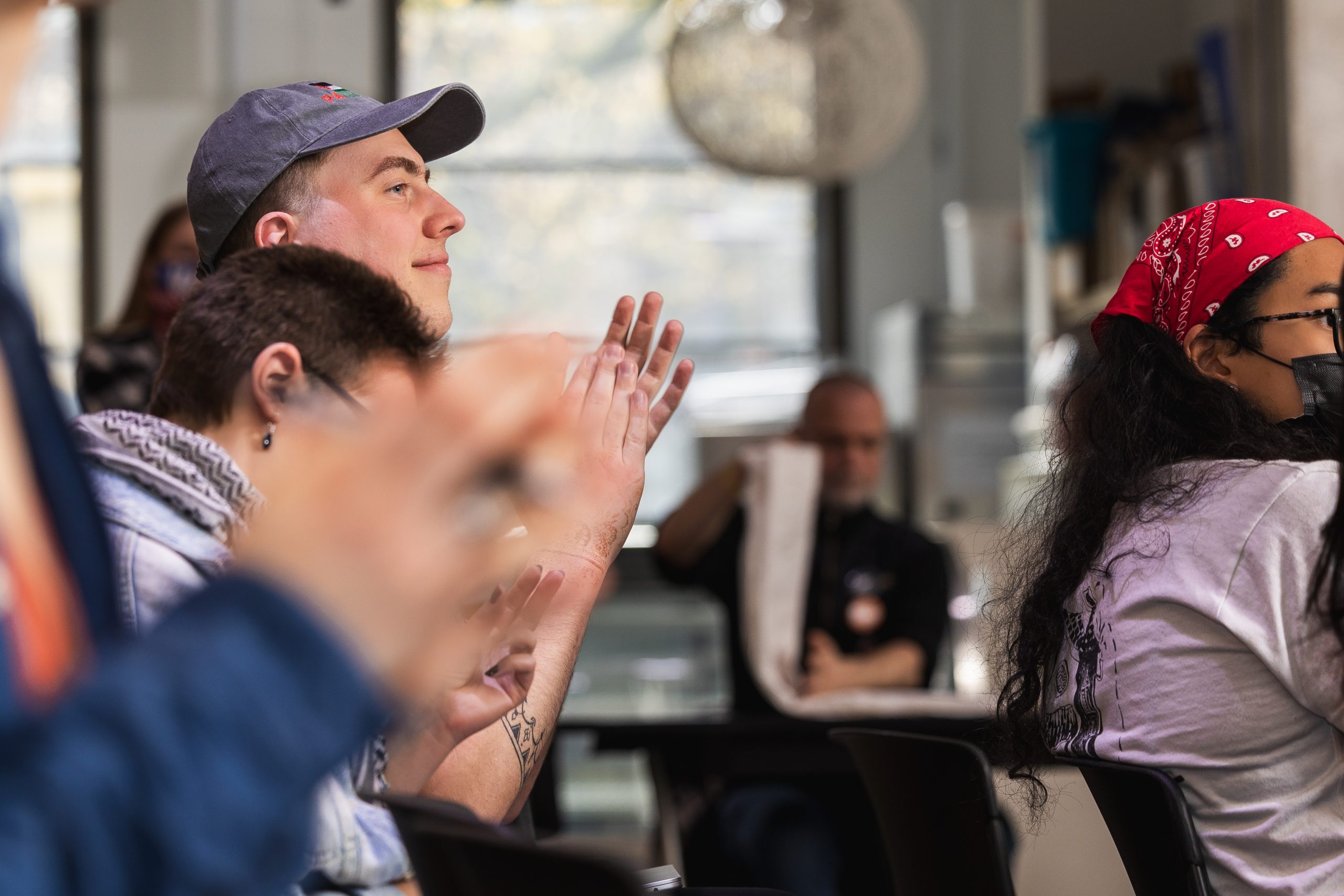
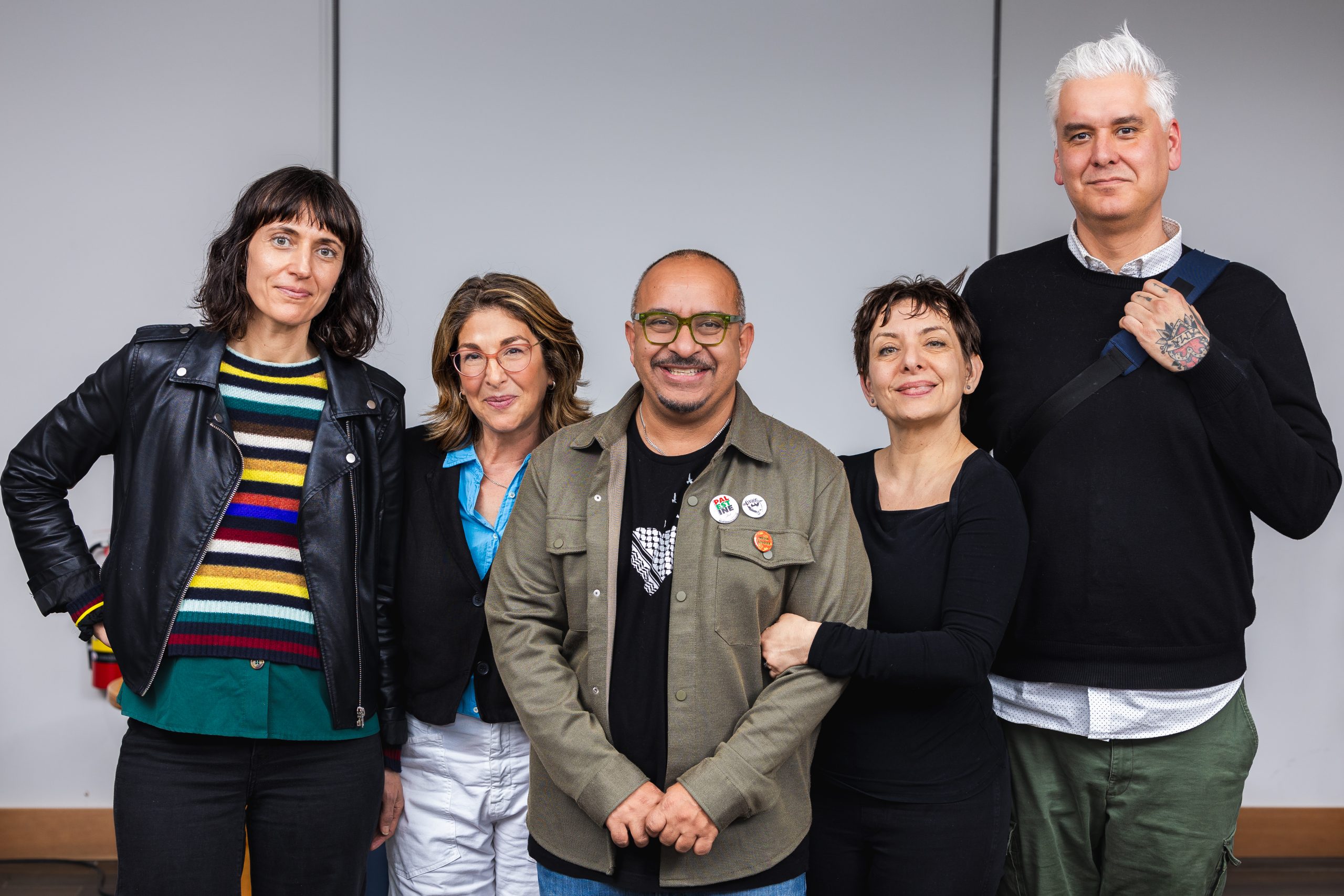
©HayfPhotography_ArcOfFacism7
